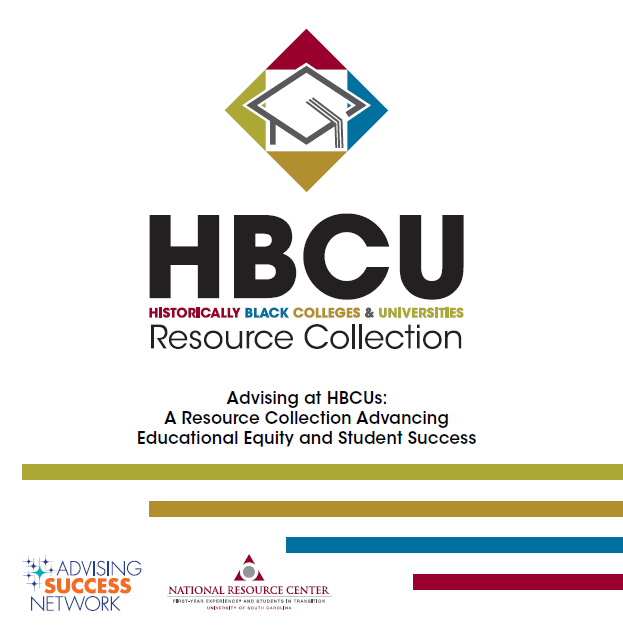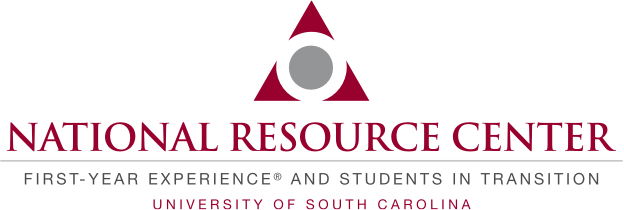
From ASN partner The National Resource Center on the First Year Experience and Students in Transition, we are excited to publish this three-part resource collection that foregrounds best advising practices rooted in a culturally relevant framework that affirms HBCU students and their unique perspective, lived experience and need for community connections. The collection’s contents examine a range of advising models— centralized, decentralized, and hybrid—that yield positive outcomes for HBCU students.
The purpose of this three-part collection is to promote the complementary, yet distinct ways that select HBCUs are assessing, framing, and collaborating to implement best practices with the goal of maximizing advising effectiveness for students.
- Part I introduces a qualitative study that explores the impact of intrusive advising, peer support and other wraparound services on a sample group of Black male students enrolled at 5 HBCUs in North Carolina;
- Part II spotlights 4 HBCUs (Elizabeth City State University; Fayetteville State University; Albany State University; North Carolina Central University) and their innovative advising strategies, which span from deepening faculty training to developing a learning cohort among top-performing students to foster community;
- The collection closes with Part III, a reflective article written by a journal editor who chronicles the journal’s publishing trend over a three-decade period to identify gaps in scholarship focused on HBCU experiences and opportunities to diversify journal content.

